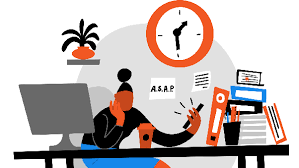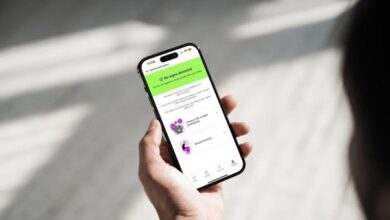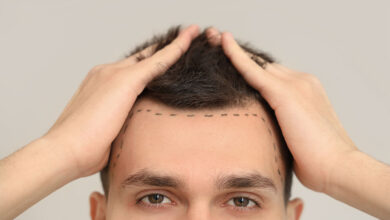I Didn’t Plan to Change My Habits, But This Is What Actually Stuck

I didn’t sit down one day and decide I wanted to be more intentional. It wasn’t a goal. There was no mood board, no New Year’s resolution, no spreadsheet of eco-friendly swaps. I just got tired. Tired of the plastic bins full of random products. Tired of forgetting what I had. Tired of running out of the stuff I actually liked and wondering why I kept repurchasing things I didn’t.
So the change started out of laziness, honestly. I stopped buying extras. I used what I had. When something ran out, I asked: did I actually like that, or was I just tolerating it? If I didn’t love it, I tried something new. Not for trendiness, not for points—just because I didn’t want to go back to something that kind of annoyed me.
That’s how I ended up using less, owning less, and appreciating way more.
Take my desk, for example. I used to think I needed a dedicated pen cup, sticky notes in five sizes, backup notebooks, a drawer full of paperclips, extra chargers, random receipts, all of it. Now I’ve got a pen I actually like, a small notepad, and one charging cable that hasn’t betrayed me yet. It’s easier to focus when I’m not digging around for things. My attention span still has its issues, but at least the clutter isn’t making it worse.
Same with my bag. There used to be this anxiety that came with leaving the house—what if I forget something? What if I need something? So I’d bring everything. Now I carry way less. My keys, wallet, headphones, a snack (because I’m a better person when I’m not hungry), and maybe a book. If I need anything else, I figure it out. But I usually don’t.
There’s a rhythm to it now. I know what I reach for. I trust that I don’t need the rest. It’s not minimalism for aesthetics. It’s just what works.
The same shift happened in the kitchen, weirdly. I used to try every gadget. Spiralizers, juicers, that egg separator I used once. All of it. I liked the idea of being “into food,” but I hated the mess. So now, it’s just good knives, a cutting board I don’t hate cleaning, and a couple of pans that do 90% of the work. I’m not trying to be impressive. I just want dinner without ten steps and a pile of dishes.
When things start to feel like a performance, I step back.
I even apply this to self-care, if you want to call it that. I don’t have a drawer full of unopened lotions anymore. Just the stuff I actually use. One balm for dry hands. One solid moisturizer that lasts forever. One oatmeal soap bar that makes my skin feel good and doesn’t smell like a perfume ad. I started using it after a friend left it behind during a visit, and now I keep one on hand all the time. It’s not fancy. It’s just calming. No reaction, no film, no scent that sticks around longer than it should. That’s all I want from a soap.
Same with shaving. I hated how disposable razors always felt like a scam. Buy a plastic handle, then a pack of overpriced heads that never really fit right, and somehow still end up nicking yourself. A year ago, I switched to a zero waste razor, mostly out of curiosity. It looked intimidating. I expected to cut myself the first time. But I didn’t. And now I’m one of those people who won’t shut up about how much better it is. It’s just… solid. Clean. Reliable. There’s something satisfying about using one tool that works every time and never feels like it’s on the verge of breaking. Plus, no more plastic trash every month.
It’s funny how quickly the “weird” things become normal. What used to feel like a big change just becomes background. I don’t even think about it anymore. It’s just how I do things now.
And when I do buy something new, it’s different. I pause. I ask if I really need it. If I’ll actually use it. I check if it’s made to last. That doesn’t mean I always buy the most sustainable or most ethical thing—I’m not trying to win awards—but I do think about it. And I don’t buy things I already know I’ll regret.
The truth is, most of the changes that stuck weren’t about trying harder. They were about stepping back. Doing less. Buying less. Paying attention.
I still mess up. I still impulse-buy things sometimes. I still have clutter. But now I notice it sooner. I know what it feels like when something’s just taking up space. And I know how good it feels when the stuff around me actually serves me.
What I’ve learned is that the things I keep—the ones I reach for again and again—aren’t the flashiest. They’re the ones that make life smoother without needing to be center stage. A favorite mug. A shirt I always want to wear the second it’s clean. A notebook that doesn’t fall apart. A phone cable that doesn’t fray. A snack that never disappoints.
It’s not about getting everything right. It’s just about figuring out what’s worth keeping. What earns a place. And letting go of the rest.
No declarations. No systems. Just rhythm. Quiet upgrades. Better choices, one at a time.
Turns out, that’s more than enough.



